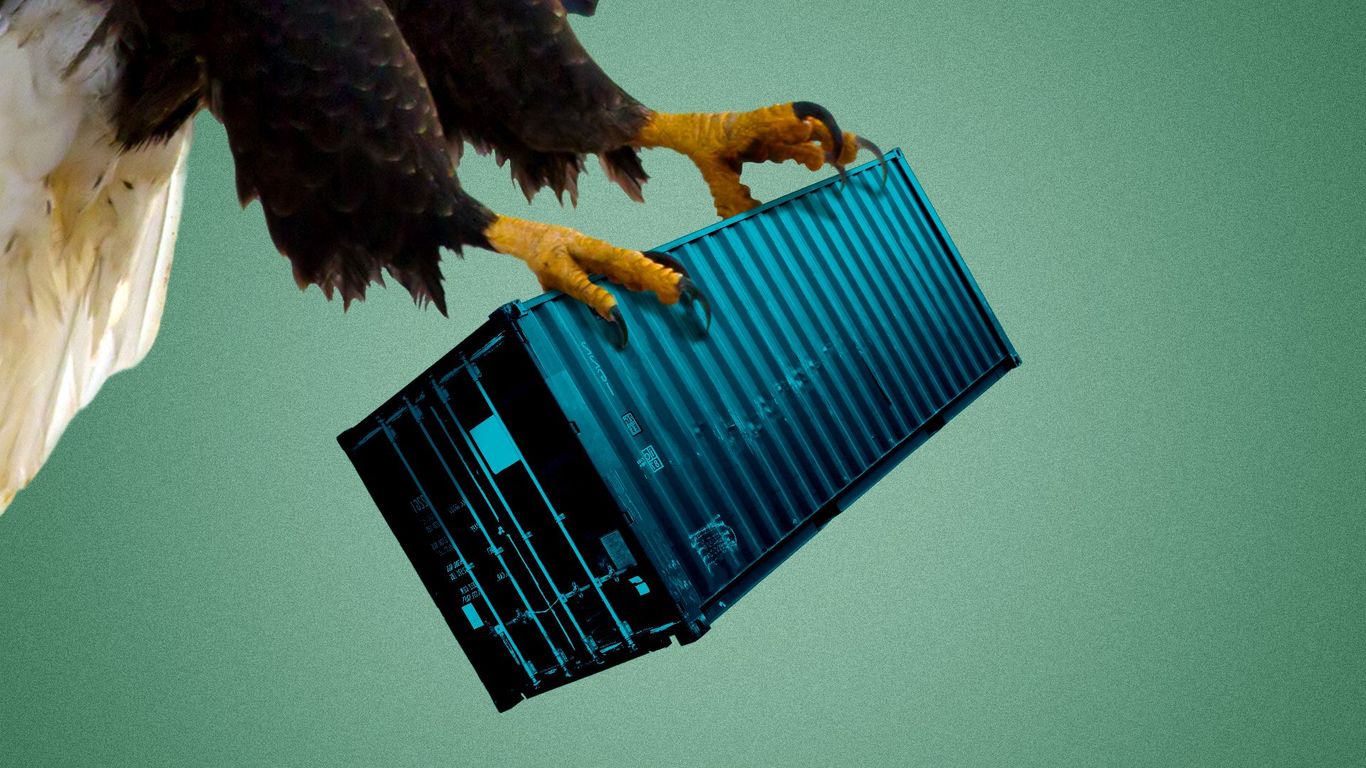US Businesses Brace for Inflation 2025 Amid Tariff Uncertainty
With businesses preparing for the worst and taking proactive measures to mitigate the impact of tariffs, the outlook for inflation 2025 remains uncertain. As the Federal Reserve continues to monitor the situation, one thing is clear: the effects of the tariff policy will be felt across the US economy, from businesses to consumers.

A recent survey by PwC reveals that over 60% of US corporate executives are taking proactive measures to mitigate the impact of tariffs, including cost-cutting and passing higher costs to customers, as concerns about inflation 2025 grow.
The survey, which polled 678 executives at US public and private companies with $2 billion or more in annual revenue, found that 62% have initiated cost-cutting measures, while 65% are renegotiating prices with suppliers. Furthermore, 60% of respondents plan to pass higher costs on to customers, highlighting the far-reaching effects of the tariff policy on businesses and consumers alike.
The uncertainty surrounding President Trump's tariff policy has prompted many businesses to adopt a more US-focused strategy, with 83% of survey respondents taking steps in this direction. This shift is also reflected in a separate survey of smaller US businesses, where over 70% of respondents are exploring greater reliance on domestic markets. The Federal Reserve's Federal Open Market Committee (FOMC) has also expressed concerns about the potential for tariffs to exacerbate inflation, creating a challenging tradeoff between interest rate policy and economic growth.
As the US economy continues to experience solid growth and a broadly balanced labor market, policymakers remain cautious about the direction of inflation and the unpredictable nature of trade policy. The FOMC's decision to maintain its benchmark federal funds rate and wait for greater clarity on inflation and economic activity underscores the complexities of navigating the current economic landscape.